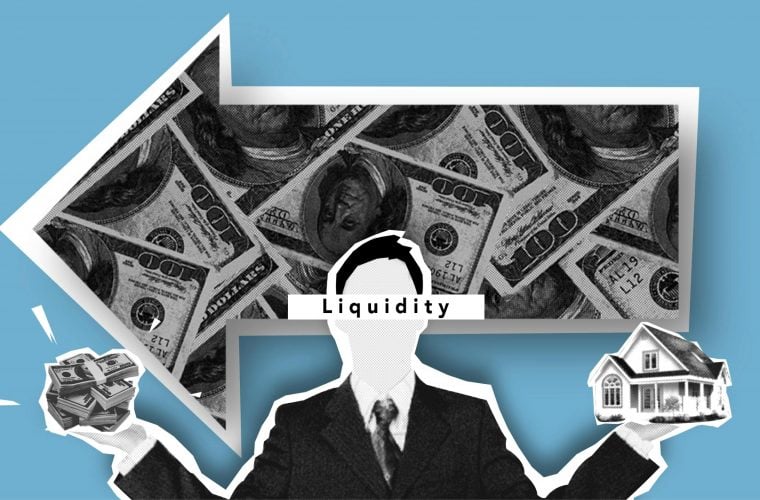
6 Tips To Starting An Industrial Equipment Business
Starting a business selling an industrial equipment can be exciting. While it promises profitability, an in-depth understanding of how the market works is necessary. This sector generally includes a range of manufacturing sub-sectors that create end products. Examples of niches that can use industrial equipment are construction, infrastructure, mining, agriculture, and transportation.
To help you on this new and promising venture, read on for tips to help you succeed as an independent retailer of industrial equipment.
Draft A Comprehensive Business Plan
A comprehensive business plan can guide you on what you need to accomplish. Aside from describing your business objectives and how you plan to achieve them, it also lays out the roadmap for your operations from the management team, marketing, and financial plans.
Your business plan should be able to explain the nature of your business, the problem it aims to solve, and who your target market or customers are. You’ll also need to figure out which types of suppliers, vendors, and partners you’re going to work with. Since you’ll be dealing with heavy equipment and machinery, you want to make sure you’re working with a reliable and experienced logistics and freight provider.
Look For Reputable Vendors
As mentioned above, an important step when you’re starting out as an industrial equipment retailer is partnering with reputable vendors or companies. You’d also want to partner with a truckload shipping service provider responsible for transporting these heavy machines and equipment from your warehouse to the client’s premises.
One of the considerations when selecting a vendor for your dealership company is the type of heavy machines or equipment you want to stock. For example, if you want to specialize in construction equipment, look for vendors that deal with excavators, bulldozers, trenchers, pavers, compactors, dump trucks, loaders, and graders.
It’s always best to conduct your homework and assess the reputation and credibility of your chosen vendor. You can look them up online, read client reviews, and evaluate their customer service.
Secure Funding
Being an industrial equipment retailer requires a huge capital investment. You need enough cash to buy heavy machines, rent a space, register your business, and hire workers. It’d be good to note, too, that your business won’t start making profits on the first day, and it may even take several months before it breaks even. Therefore, you need enough capital to keep your company running before you start generating enough sales and profits.
There are various financing options available for independent retailers like you. They include applying for business loans, seeking government grants and financial aid, and finding investors.
Register Your Business
Any company must be registered with the state before it starts its operations. Aside from compliance with the law, being registered and having the necessary licenses can help build your credibility in the market.
Here are the various steps involved in the registration process:
Determine business entity: You can register your business as a sole proprietorship, partnership, corporation, or limited liability company. Each of these entities is unique, with varying tax obligations and liabilities. It’d be best to consult a lawyer or other business professional to help you select the right business structure.
Decide on a business name: Once you’ve chosen an entity for your business, the next thing is to decide on a business name. You can register your industrial equipment dealership with your name or a combination of names if you have business partners. However, as you finalize your business name, check the name’s availability first and ensure the name’s not taken or used by another company to avoid complex legal cases.
Register your business: The process for registering a business includes registering your business name as a trademark with the United States Patent and Trademark Office. You’ll also have to prepare the necessary documents, such as partnership deeds, operating agreements, and articles of association, to name a few, which will be submitted to the Secretary of the State.
Get Business Insurance
Starting a heavy equipment retail business carries a lot of risks. As such, getting business insurance is highly necessary to minimize financial losses and protect your inventory and employees. Common types of insurance typically required for your industrial equipment rental business include worker’s compensation, property, and general liability insurance.
Explore Different Marketing Campaigns
Another aspect you shouldn’t ignore when starting out as an industrial equipment retailer is marketing your company to potential clients. In this case, these are construction, forestry, mining, and manufacturing companies.
You can adopt various marketing strategies to boost your company’s visibility and generate leads. For example, you can participate in networking events like trade shows, set up a booth, and meet and connect with potential clients. In addition, you can also leverage digital marketing campaigns like content marketing. You can create videos to demonstrate what your machines can do and post them on your website.
Takeaway
Being an industrial equipment retailer can seem overwhelming, especially when you’re just starting out. There’s are so many factors to consider and details to iron out. But, with the insights and tips outlined above, hopefully, you can build a business that stands out from the competition.














